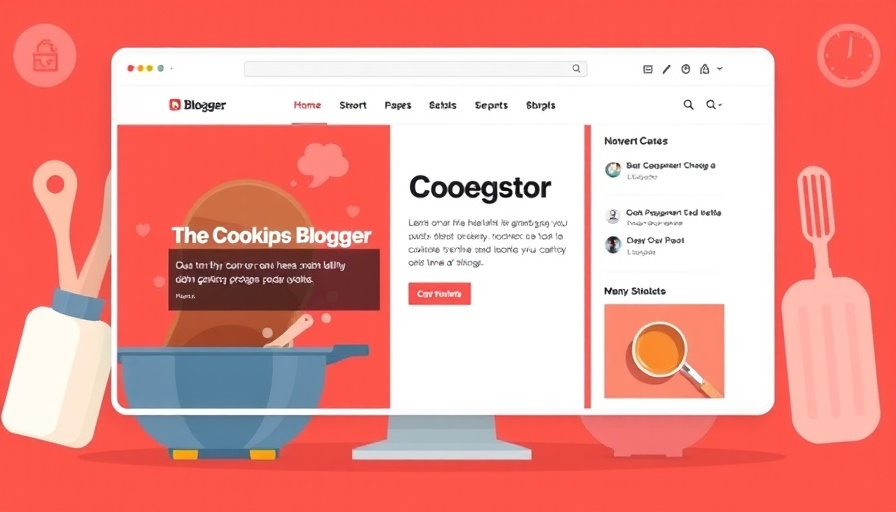
Choosing the Right Website Builder
Creating an online presence for your small business is crucial, but the options can be overwhelming. While WordPress is a popular choice, exploring alternatives may offer solutions that better align with your business needs. Factors to consider include user-friendliness, e-commerce capabilities, customizable templates, and whether the platform can grow with your enterprise.
Why Consider Alternatives to WordPress?
WordPress is undoubtedly powerful, powering over 35% of websites globally. However, it may not suit every business owner, particularly those less tech-savvy or seeking specific functions like advanced e-commerce tools. Exploring other platforms could lead to more intuitive interfaces, diverse template selections, and features that support your business objectives more directly.
Getting Started with Your Business Website
An effective website builder should simplify website creation, whether through drag-and-drop features or mobile-responsive templates. For African women entrepreneurs, choosing tools that require minimal technical expertise can be critically important. Prioritizing builders with strong support for customization and e-commerce solutions ensures your business will shine online.
Relevance to Current Events
In today's fast-paced digital economy, staying ahead with a seamless online presence is integral. As businesses increasingly pivot towards remote and digital operations, showcasing your brand through an adaptable and effective website is more relevant than ever. Building a site that can thrive in dynamic conditions is key to future-proofing your business.
Counterarguments and Diverse Perspectives
While WordPress remains a robust option, alternative platforms may offer unique benefits not found in traditional CMS systems. Some platforms focus on niche business needs, providing tailored tools and customer support that large-scale platforms might lack. Considering varied options can lead to more nuanced outcomes for your digital strategy.
 Add Row
Add Row  Add
Add 

 Add Row
Add Row  Add Element
Add Element 




Write A Comment